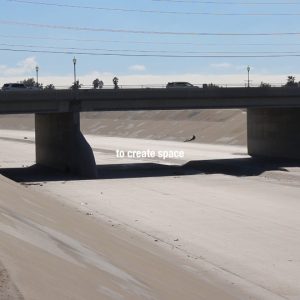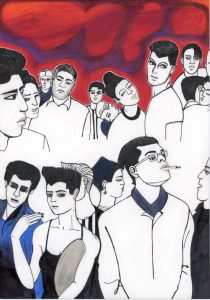The Psychoanalytic Act in 5 Parts (Part II): The Direction of Treatment for Lacan
In english
Mi. 10.01.24 | 19:00 – 21:00
Mi. 17.01.24 | 19:00 – 21:00
Mi. 24.01.24 | 19:00 – 21:00
Mi. 31.01.24 | 19:00 – 21:00
Mi. 14.02.24 | 19:00 – 21:00

We will be discussing the distinctive nature of Lacanian psychoanalysis in terms of its subject matter and act as well as what it passes down to us, as psychoanalysts, or even as philosophers.
Jacques Lacan, a luminary in the realm of psychoanalysis, has notably shifted the conception of the psychoanalytic act within psychoanalytic thought. Attempting to provide an alternative to the conventional authoritarian and pedagogical trajectory in psychoanalysis, in his seminal paper, “The Direction of the Treatment and the Principles of its Power,” Lacan sheds light on his triad of the psychoanalytic act, namely its tactics, which concerns interpretations; its strategy of transference; and its politics as it pertains to the analyst’s desire. The triad was incorporated in his further teaching and today forms what is known as the Lacanian psychoanalytic orientation.
This seminar is a journey through the intricacies of Lacan’s elucidation of the psychoanalytic act, designed in two installments of five meticulous sessions. Each session offers a unique vantage point for dissecting contemporary Lacanian approaches to psychoanalysis. The seminar is an opportunity to delve into Lacan’s theory but also to engage with more “clinical” features in the work of Lacanian analysts today.
In the first installment of our lecture series, we asked “who is the analyst?”, “what is reality?” and “how to handle the transference?”
In our second installment, we will delve into the following topics:
1. First Session: Transference for Lacan
2. Second Session: Diagnosis
3. Third Session: Interpretations
4. Fourth Session: The Desire of the Analyst
5. Fifth Session: Supervision – Building a clinical case study
Participants are encouraged to immerse themselves in this rigorous exploration to gain a nuanced understanding of Lacan’s revolutionary approach to psychoanalytic praxis. No prior knowledge about Lacan’s teaching is required.
English Language only.





